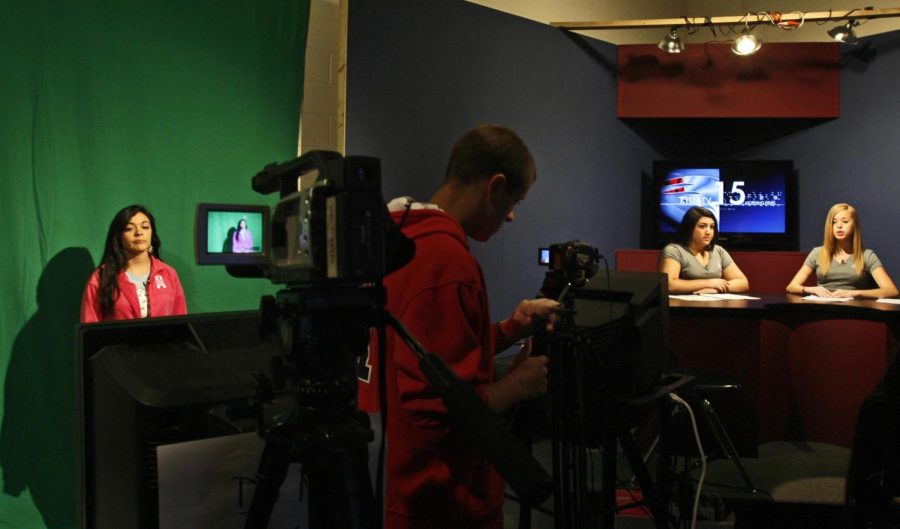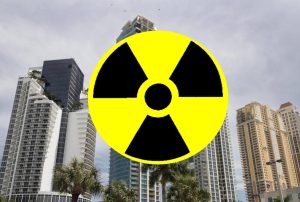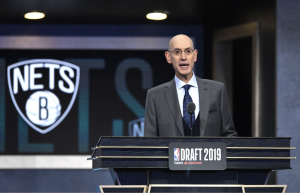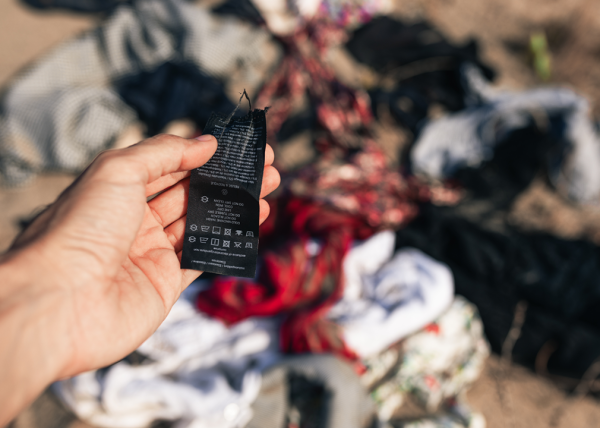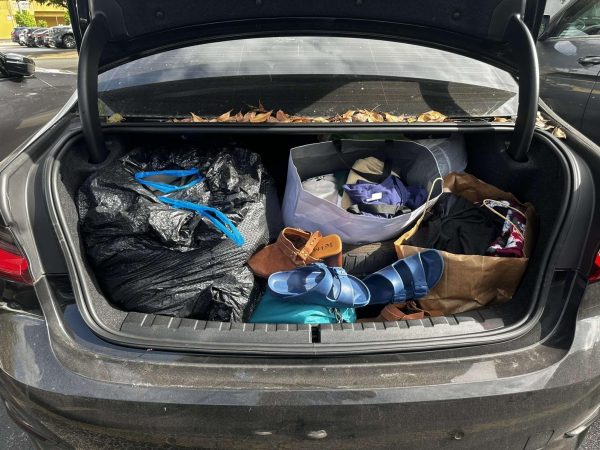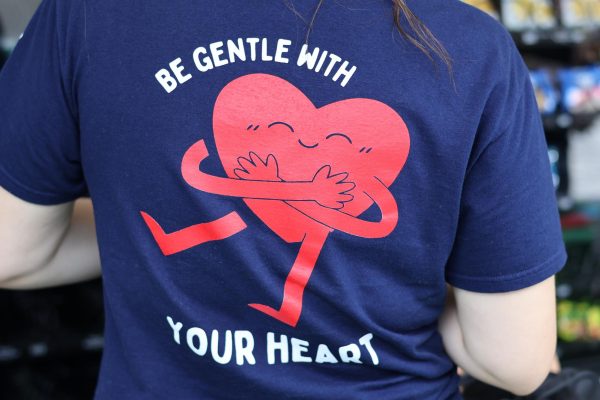The Hidden Side of Journalism
(Allison Long/Kansas City Star/MCT)
Chelsea Duchene, from left, waits to present the weather as Jake Wingo records anchors Krystal Jones and Olivia Heacock, all juniors and 16 at Truman High School in Independence, Missouri, during the KTSN Channel 15 news, October 19, 2010. Even though professional jobs are disappearing in the newspaper industry, interest in journalism is still high among young people.
October 25, 2022
We always read about heavy topics in the news: war, famine, people’s misfortunes, the list goes on. What we often forget is that there are people on the other side investigating these topics. Newspapers and broadcasts are filled with tragic stories which can take a toll on the people that cover them.
“I’ve got reporters on my staff from the [Miami] Herald that went from covering the mass shooting in Orlando to Parkland to the FIU bridge collapse and spend a lot of time speaking to family members of people who died in one tragedy or another and it’s a lot. I think you need to step away. You have to take a breather and clear your head,” said Rick Hirsch, a Pulitzer Prize winning journalist.
Jen Maxfield, Columbia University professor and broadcast journalist, has interviewed over 10,000 individuals throughout her career and has had to figure out how to overcome the mental obstacles that come with the job.
“I make an effort not to compare—not to say: ‘What if it was my daughter, or my mom, or my husband?’ That doesn’t seem like an emotionally healthy way to approach news stories,” Maxfield said.
In a world that lacks empathy, people like Maxfield and Hirsch show up for the individuals who need an outlet to share their stories. Is this – along with reporting concrete facts – not the true responsibility of a journalist? Sometimes, simply letting a person know that they won’t be left in the dust but rather that their story will be shared is enough. Maxfield and journalists alike have kept these stories alive. Even so, they must maintain an important balance to keep their mental health stable. With all the tragedies journalists cover, they must balance their emotions very carefully.
“I also have ensured over the years that I never got jaded, never started seeing someone as ‘just another interview,’ because that seems far worse than getting too emotionally invested,” Maxfield said.
In writing her newly published book “More After the Break”, Maxfield took some time to reflect and realized how her attitude towards her community has been shaped by reporting on other communities who have bared the damage and trauma of events such as terrorist attacks and extreme accidents.
“I have seen so many struggles firsthand, that hearing about another person’s needs does not seem theoretical. It has made me more invested in helping people in our community. I also think being a witness to so much heartache has made me deeply appreciative of my life and the people I love,” Maxfield said.
It is evident that the stories Maxfield has reported on stayed with her for years after they occurred – she wrote an entire book about it! What’s important to note is that it’s not easy to leave these stories behind and move on.
“The process of writing the book also highlighted to me that as hard as it is to knock on someone’s door and ask them to share their story, sometimes it is even harder to leave them to make my deadline,” Maxfield said.
Even if the stories Maxfield reports take a toll on one’s mental health, her broadcasts have achieved great impact.
Maxfield’s reporting has achieved major feats along with keeping important stories relevant and alive.
“Some of these news events that I write about in “More After the Break” have resulted in laws being changed or overturned, people rebuilding their lives after a natural disaster, and victims of crimes learning to find happiness again,” Maxfield said.

